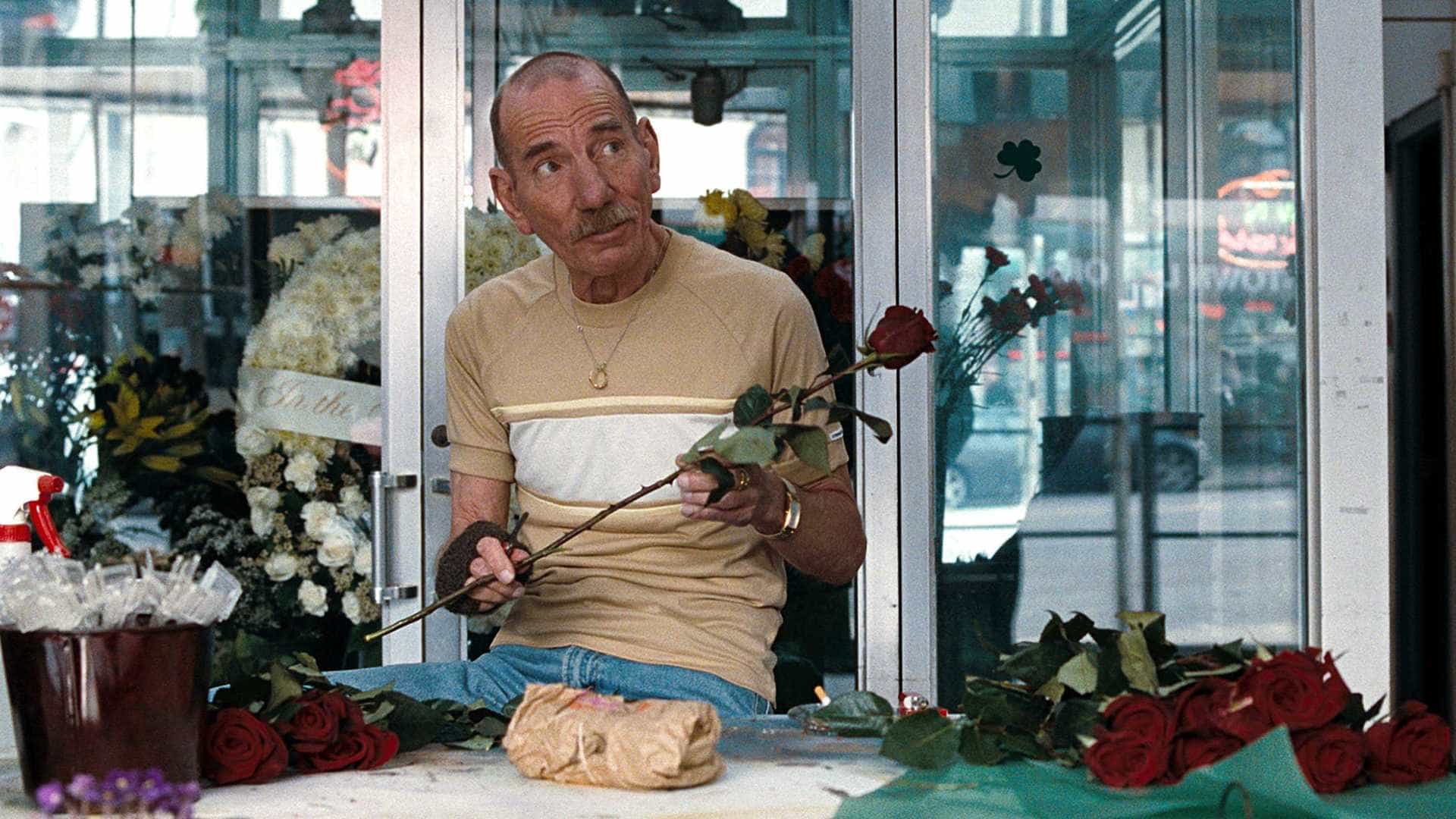“Usual Suspects” actor loses cancer battle

Veteran British actor Pete Postlethwaite, 64, has lost a long battle with cancer at home in Shropshire, England. Although you may not recognize his name, you will certainly recognize his face from such movies as Usual Suspects, The Town and Inception. He was nominated for an Oscar for his role in In the Name of the Father. Steven Spielberg, who worked with Postlethwaite in Jurassic Park, The Lost World and Amistad, called him “ probably the best actor in the world today.”
Postlethwaite had been successfully treated for testicular cancer in 1990. It was not reported what kind of cancer killed Mr. Postelthwaite, whether it was a late recurrence of testicular cancer or another type of tumor.
According to the National Cancer Institute: “Over 10 million people in the U.S. - about one in 30 - are cancer survivors. This growing population reflects advances in cancer detection and treatment. But with the greater number of survivors comes an increasing number of people living long enough to experience more than one type of cancer in their lifetime.”
After surviving testicular cancer, the odds of getting cancer again in a lifetime are higher than someone who never had cancer. A man who has had testicular cancer has a 2-3% chance of getting testicular cancer again in the remaining testicle. However, other factors, such as type of treatment, family history, and environment also increase the risk that a survivor gets a completely new and different cancer later in life.
A 2005 article in the Journal of the National Cancer Institute looked at the incidence of second cancers in a large number of men with testicular cancer, including 20-year and 30-year survivors. Their findings confirmed that testicular cancer survivors had an increased rate of second cancers and that the increased risk persisted over many years. Survivors are at increased risk of cancers of the kidney, bladder, stomach and pancreas.
The kind of treatment received also played a part in the increased risk. Higher doses of radiation during initial therapy increased the risk although newer protocols for radiation therapy are based on lower doses and should lessen this impact. There were also statistically significant associations between chemotherapy and the risk of a second cancer. Despite the increased risk, the authors of the paper stress that “It is clear that the remarkable gains in survival provided by treatments for testicular cancer far outweigh the risk of this serious late effect.”
The important take home lesson is this- Testicular cancer survivors, and for that matter all cancer survivors, should should be encouraged to:
- adopt practices that are consistent with a healthy lifestyle: including diet, exercise, and smoking cessation,
- to seek medical advice for any persistent changes in their health,
- to follow screening guidelines appropriate to the general population.
For more information about testicular cancer, click here to go to the Resounding Health Casebook on the topic.

























0 comments